H.R. 5206: Empowering Striking Workers Act of 2025
This bill, known as the Empowering Striking Workers Act of 2025, aims to amend existing laws to provide unemployment benefits to individuals who are unable to work due to labor disputes, such as strikes or lockouts. Below are the key components of what the bill proposes:
Unemployment Benefits for Striking Workers
The bill modifies the Internal Revenue Code to allow individuals who are engaged in a labor dispute to receive unemployment compensation. Specifically, it includes provisions for those who are unable to work because of various types of labor disputes, which can involve disagreements about employment terms and conditions. The eligibility for these benefits would begin based on certain specific events:
- The date that is 14 days after a strike officially begins.
- The date on which a work lockout begins.
- The date on which an employer hires permanent replacement workers.
- The date on which the strike or lockout ends, provided the individual becomes unemployed.
Changes to Work Availability Requirements
The bill also seeks to amend the Social Security Act to create an exemption from the usual requirement that individuals must be available for work in order to claim unemployment benefits. This exemption would specifically apply to those who are unable to work due to a labor dispute as defined in the new amendment to the Internal Revenue Code.
Purpose of the Bill
The overarching goal of the Empowering Striking Workers Act of 2025 is to ensure that workers engaged in labor disputes have the financial support they need during periods when they cannot work due to these disputes. The bill aims to provide a safety net for workers, allowing them to receive unemployment benefits even if they are involved in disputes with their employers over employment conditions or representation.
Timeline and Legislative Process
The bill was introduced in the U.S. House of Representatives on September 8, 2025, and subsequently referred to the Committee on Ways and Means for further consideration. Its future will depend on discussions and evaluations by committee members and subsequent votes in Congress.
Relevant Companies
None found
This is an AI-generated summary of the bill text. There may be mistakes.
Sponsors
42 bill sponsors
-
TrackDonald Norcross
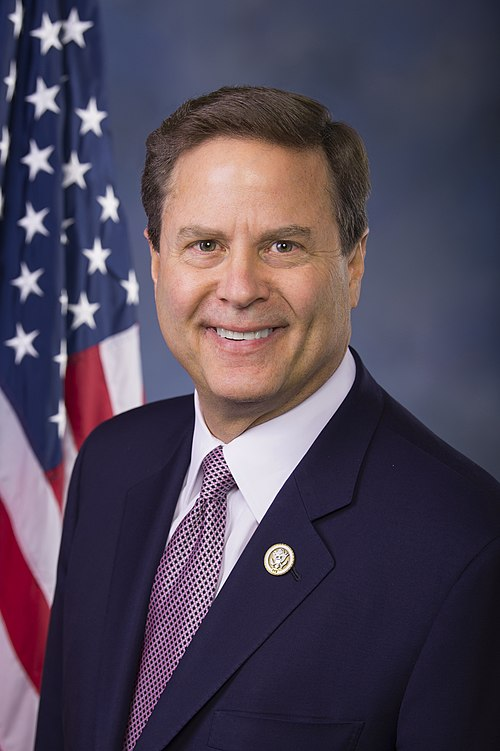
Sponsor
-
TrackAlma S. Adams
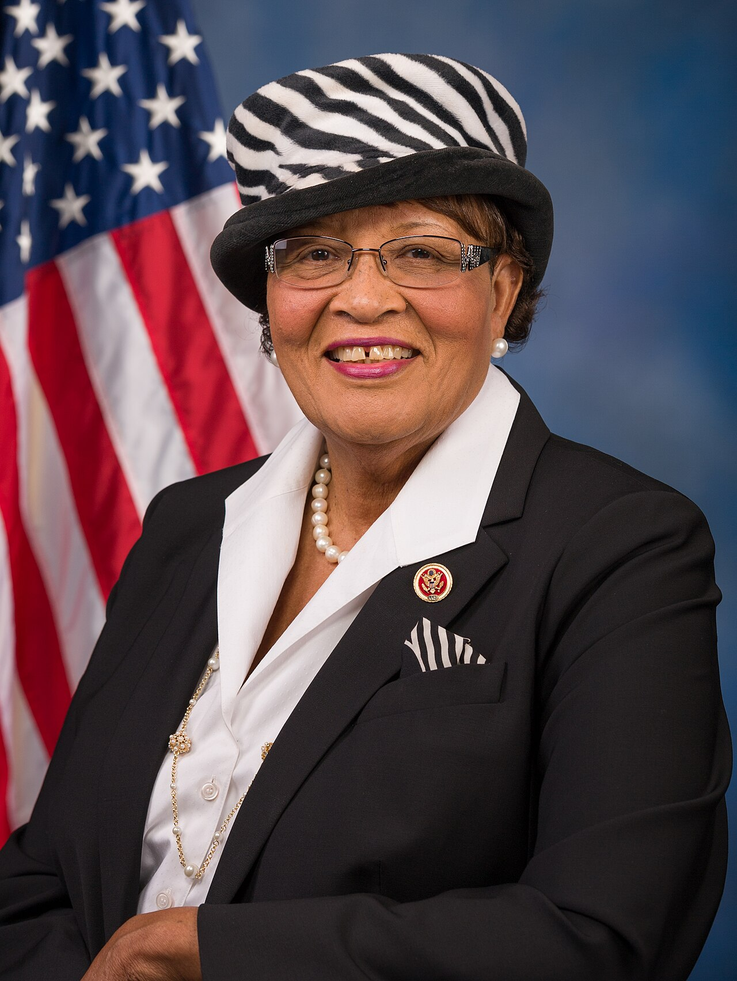
Co-Sponsor
-
TrackNanette Diaz Barragán

Co-Sponsor
-
TrackJulia Brownley
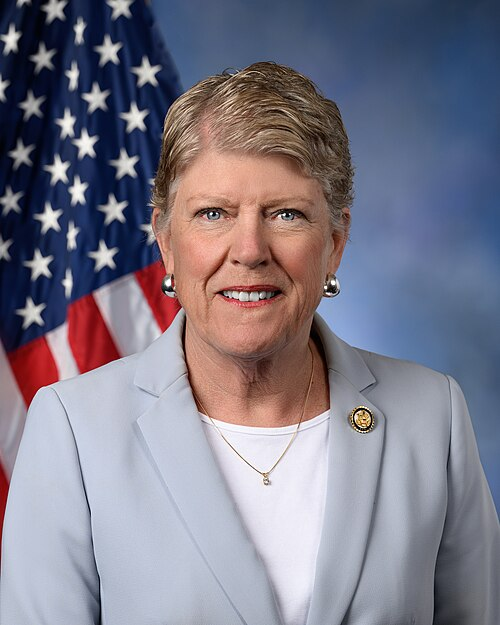
Co-Sponsor
-
TrackNikki Budzinski

Co-Sponsor
-
TrackAndré Carson
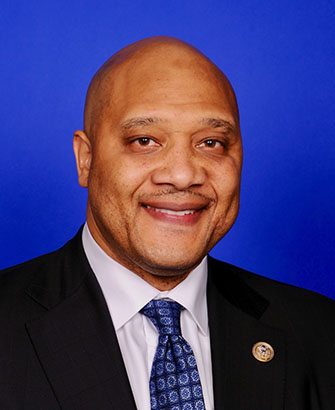
Co-Sponsor
-
TrackGreg Casar

Co-Sponsor
-
TrackJudy Chu

Co-Sponsor
-
TrackGilbert Ray Cisneros, Jr.

Co-Sponsor
-
TrackEmanuel Cleaver

Co-Sponsor
-
TrackRosa L. DeLauro

Co-Sponsor
-
TrackChristopher R. Deluzio

Co-Sponsor
-
TrackDebbie Dingell

Co-Sponsor
-
TrackSarah Elfreth

Co-Sponsor
-
TrackDwight Evans

Co-Sponsor
-
TrackValerie P. Foushee

Co-Sponsor
-
TrackDaniel S. Goldman

Co-Sponsor
-
TrackVal T. Hoyle

Co-Sponsor
-
TrackPramila Jayapal

Co-Sponsor
-
TrackTimothy M. Kennedy
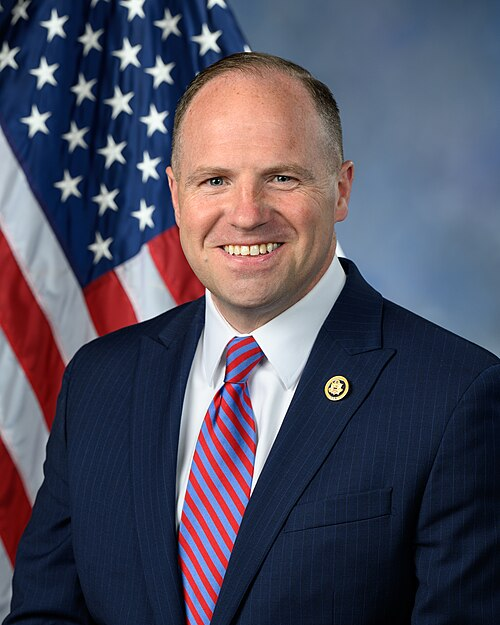
Co-Sponsor
-
TrackRaja Krishnamoorthi

Co-Sponsor
-
TrackStephen F. Lynch

Co-Sponsor
-
TrackSeth Magaziner

Co-Sponsor
-
TrackKristen McDonald Rivet

Co-Sponsor
-
TrackMorgan McGarvey

Co-Sponsor
-
TrackLaMonica McIver

Co-Sponsor
-
TrackRobert Menendez

Co-Sponsor
-
TrackKevin Mullin
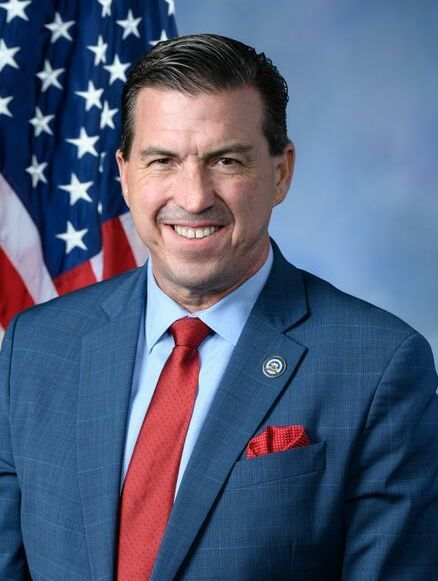
Co-Sponsor
-
TrackJerrold Nadler

Co-Sponsor
-
TrackEleanor Holmes Norton

Co-Sponsor
-
TrackAlexandria Ocasio-Cortez

Co-Sponsor
-
TrackIlhan Omar

Co-Sponsor
-
TrackFrank Pallone, Jr.

Co-Sponsor
-
TrackChellie Pingree

Co-Sponsor
-
TrackMark Pocan
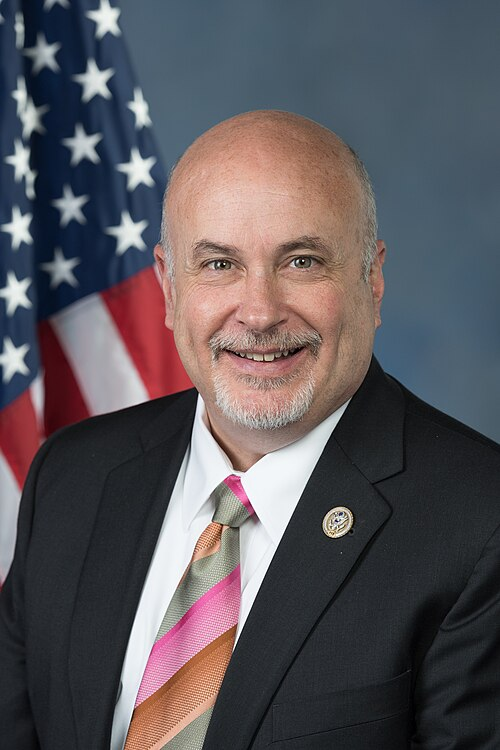
Co-Sponsor
-
TrackDelia C. Ramirez

Co-Sponsor
-
TrackEmily Randall

Co-Sponsor
-
TrackLateefah Simon

Co-Sponsor
-
TrackShri Thanedar

Co-Sponsor
-
TrackDina Titus

Co-Sponsor
-
TrackPaul Tonko
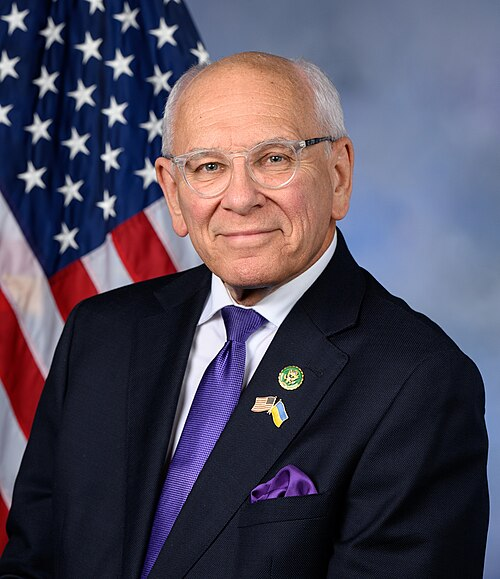
Co-Sponsor
-
TrackMaxine Waters

Co-Sponsor
Actions
2 actions
| Date | Action |
|---|---|
| Sep. 08, 2025 | Introduced in House |
| Sep. 08, 2025 | Referred to the House Committee on Ways and Means. |
Corporate Lobbying
0 companies lobbying
None found.
* Note that there can be significant delays in lobbying disclosures, and our data may be incomplete.
Potentially Relevant Congressional Stock Trades
No relevant congressional stock trades found.